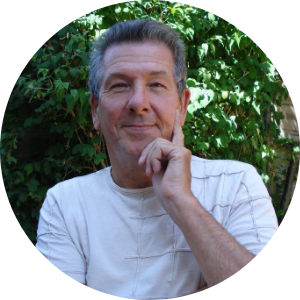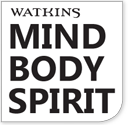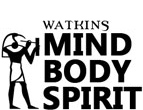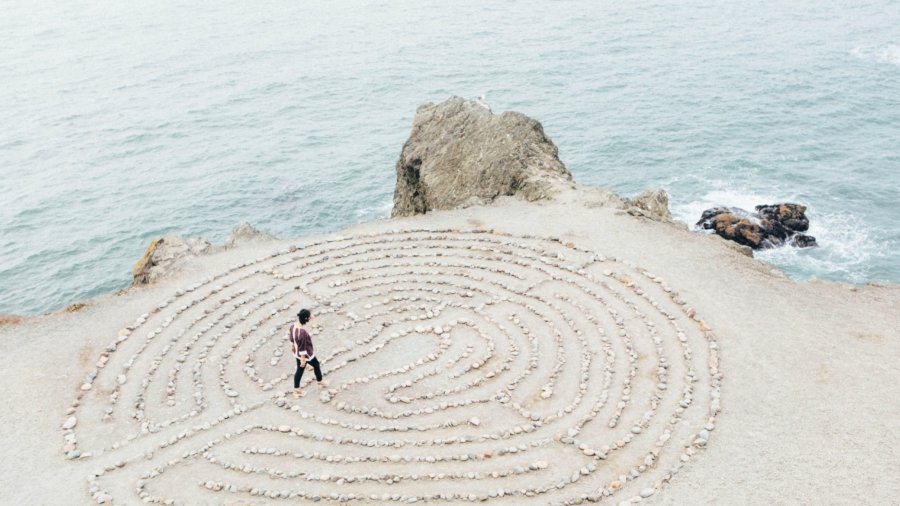by Michael Lewin
Healing requires us to acknowledge our often hidden, deeper feelings (whether of anger, jealousy, frustration, irritation, impatience or whatever). To acknowledge and recognise their presence in our lives so that we can significantly work to actively transform them.
Healing summons us to adapt, to change according to what the world offers us. Healing tells us that we can grow in courage, that we can accept the full, head on challenges that life sometimes presents to us. And in this expansion of consciousness, in this full, enlivened flow we grow and become ‘bigger’ than we ever thought we could.
Taking up automatic ownership of every mistake we make, or think we make; blaming ourselves aggressively for the slip-ups in our lives can only erode and damage our self-confidence and undermine our personal standing. We are not here to be perfect, or indeed to become perfect, so we must accept this with grace and humility, knowing that this is the best on offer – an accommodation to life as it is, a healing.
When suffering hits us we may engage in a dark monologue about a ‘failed, bad me’. This is understandable because we are feeling so low that we tend to soak up responsibility for our plight. But by personalising it in this way, we only do further damage to ourselves. Associating our suffering with feelings of ‘incompetence,’ ‘despair,’ ‘uselessness,’ or ‘failure,’ we buy into a false narrative that entangles us in a downward spiral. Always be aware of what you are telling yourself. Is the storyline really true? Does it really relate to your experience?
Bring critical judgement to your mental state, aim for balance and fairness.
Never try to run away from your pain, treating it as a stranger or an unwelcomed guest, and instead embrace it as a lover, a teacher here to expand your experience of what it is to be human. Feel what it’s saying, what it’s asking of you. It’s requiring your attention, so give it.
There comes a time when we have to stop looking outside of ourselves for healing and go within. Whatever our difficulties in life, whatever challenges we face, it is our inner strengths that we must draw on to turn our lives around; it is our inner strengths that will ultimately move us forward into a better existence. And no one else can do this for us; no one else can take on that responsibility.
Healing involves us in a realignment, a breaking away from the negative feelings that often entrap us (frustration, anger, self-doubt, etc.) and moving into a space of acceptance where we come to terms with our suffering and meet its challenges bravely, stoically.
Healing can never fully take hold if we are filled with judgement and anxiety about our progress. Healing needs to take its own course, in its own time unimpeded by our intervention. Remember – it’s more about faith than fierce willpower.
Stopping our over-anxious lives, the show, the performance, the full drama of it all and falling back into ‘observer’s mode’ – just relaxed, present, witnessing our lives as an outsider is often the best healing territory we can occupy – and fortunately for us, is always accessible.
Whenever, wherever we stumble and fall, don’t waste the experience, pick something up that’s of value, something of merit to you like a lesson, a teaching to help get you back on the journey.
The moment we fill our hearts and minds with love is the moment we start to heal.
We do need to provide a sanctuary for everything that enters our lives, including our pain. All our ‘visitors’ have all come to us for a reason, maybe well beyond our comprehension, so we must accept this reality and work with the ‘material’ the best that we can. Like all visitors, we should greet our pain with a generosity of heart – there is no other way. Fighting it can only aggravate its aggression and consequently make us feel worse, but by embracing it we can move into a position of transformation, which we all need to engage with for a better life.
A full healing will take us on a journey into stoic territory, a heroic feat of acceptance and ‘allowing’ where we acknowledge the futility of fighting and accept, with an open mind and heart, the realities of our life.
Often, when we feel that we have endured enough pain, reached the limit of our tolerance, our patience can start to wear a bit thin. We no longer feel that we can accept much more and our morale starts to sink slowly but markedly. When this happens – which, on a long healing journey it inevitably will – you will need to shift your focus and become much more positive in your thinking. You need to get your mind and body out of what constitutes a crisis mode. You must abandon all attempts to diminish your recovery and continue, albeit at a slower pace – there is no other way.
Finally, in periods when you feel low and dejected, not knowing if you have any reserves left to draw upon, remember the following wise words: “You don’t know how strong you are until being strong is your only choice.” (Anon)
Find out more

For twenty five years Michael Lewin taught a variety of different groups including young offenders, children at risk, children with special needs, adults with learning difficulties and adults with mental health needs. He holds a BA Degree in Psychology and an MA Degree in Fine Art and writes, on a regular basis, for a variety of Buddhist, self development and spiritual magazines both in the UK and abroad.
Michael is editor of Buddhist Reflections on Death, Dying and Bereavement and has contributed to a number of other published books.


